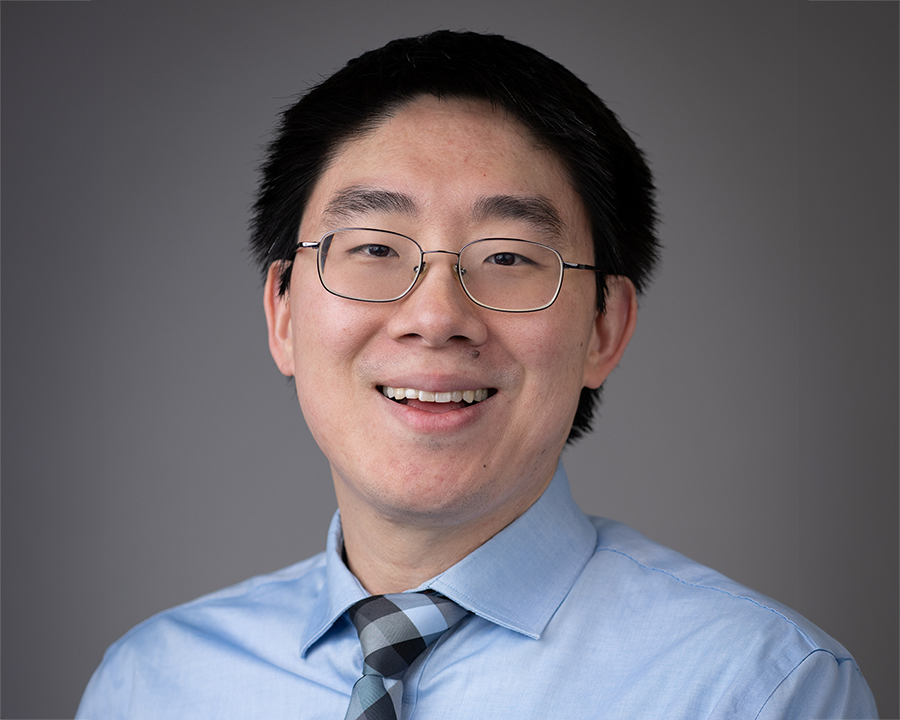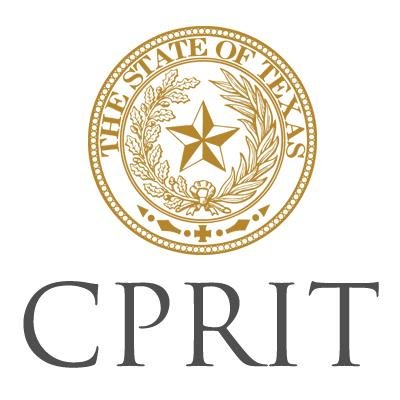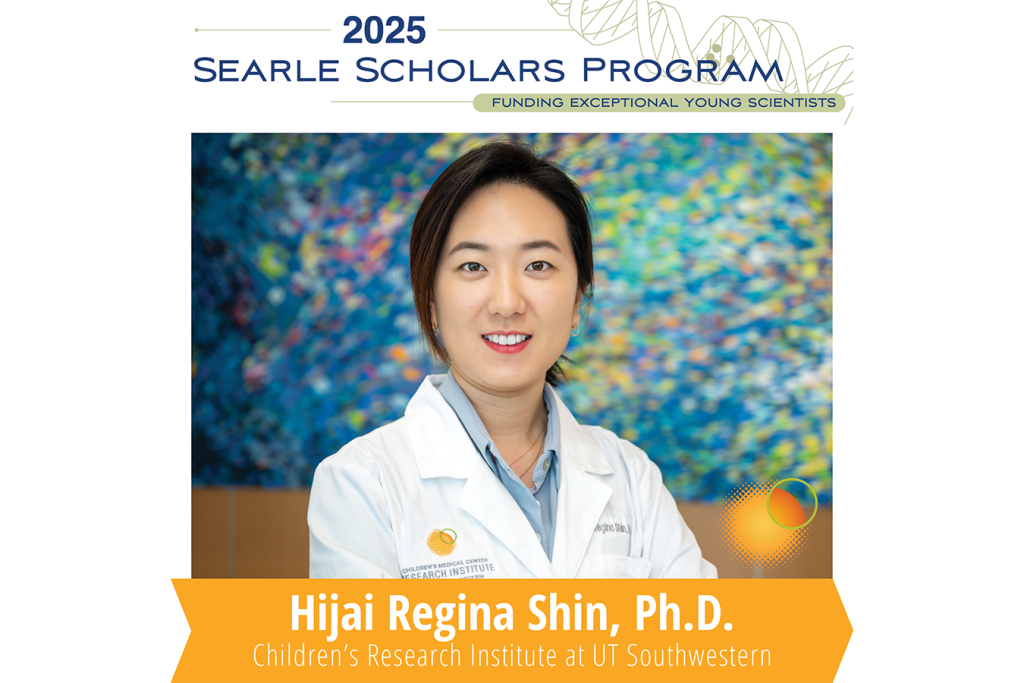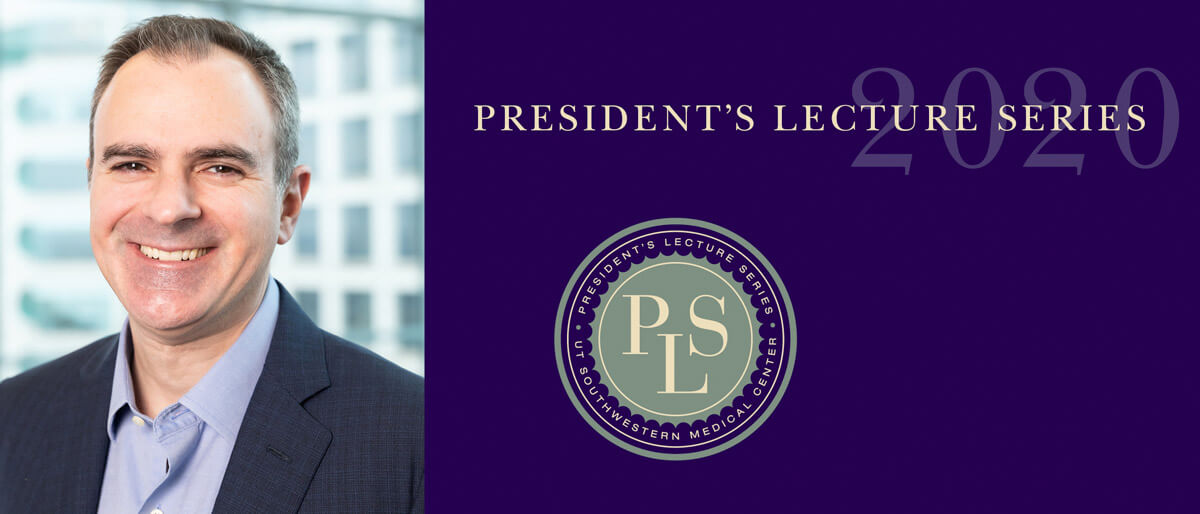
The metabolic pathways that allow cells to make and consume energy have been mapped out for decades. Medical students memorize these pathways, studying the black-and-white figures for their exams, only to forget them soon after. Like most students, Dr. Ralph DeBerardinis assumed these pathways existed to work silently in the background and did not contribute to disease.
That all changed when, as a pediatric resident, he began to encounter children with inborn errors of metabolism (IEMs) – rare and potentially treatable diseases caused by mutations in metabolic enzymes. This experience cemented in his mind the connection between metabolism and disease, leading him to dedicate his career to understanding the role of metabolic abnormalities in disease.
“Metabolism is central to so many biological processes that it should not be surprising that diseases often involve abnormalities in these pathways,” said Dr. DeBerardinis, a Professor at the Children’s Medical Center Research Institute (CRI) at UT Southwestern and a Howard Hughes Medical Institute (HHMI) Investigator. “When the metabolic maps were drawn decades ago, there was a perception that we had little left to learn. But there is much to be gained by viewing diseases through the lens of metabolism.”
Dr. DeBerardinis, also Professor of Pediatrics and Chief of the Division of Pediatric Genetics and Metabolism at UTSW, will speak about his work to understand how changes in metabolism contribute to disease at the next President’s Lecture at 4 p.m. March 5 in the Tom and Lula Gooch Auditorium on South Campus. The talk will also focus on how his lab and the community of researchers and clinicians at UT Southwestern are working together to develop patient-focused approaches to study altered metabolism and to find new treatments for cancer and IEMs.
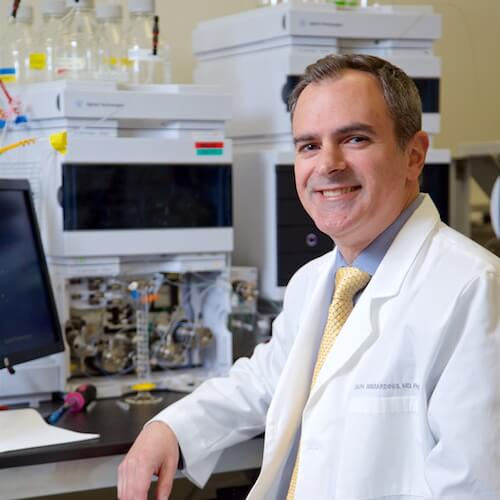
The DeBerardinis lab uses innovative approaches to study metabolism in cancer patients, providing researchers with insights impossible to obtain from purely laboratory-based experiments.
“Cancer involves cellular metabolic changes that contribute to tumor growth. But to understand those changes, we can’t be satisfied with studying cancer cells in culture. We need to study them where they occur naturally – in tumors, in patients,” Dr. DeBerardinis said. “At UT Southwestern, we can do that.” Dr. DeBerardinis and collaborators have studied metabolism in nearly a dozen forms of human cancer.
Through the Genetic and Metabolic Disease Program (GMDP) at the CRI, Dr. DeBerardinis takes a similar approach to help children with IEMs. These genetic diseases prevent children from metabolizing or breaking down the sugars, proteins, and fats in food, resulting in permanent disability unless identified and treated at a young age. Although hundreds of IEMs have been discovered, Dr. DeBerardinis suspects many more have yet to be found.
“When we see a child in our clinics with a disease that we don’t recognize, we take a few drops of blood back to the lab for analysis. There, we work to characterize the metabolic state, find the disease gene, model it in the mouse, and test new therapies,” he said. “The hope is that some of these treatments will make it back to the patients.”
The success of both the IEM program as well as the clinical research effort is attributable to the integration between clinic and lab, Dr. DeBerardinis said.
“These are team-based projects. We simply wouldn’t be able to perform these studies without having partners across the entire UT Southwestern and Children’s Health communities. Our scientists in the lab, the clinical staff of physicians, nurses, genetic counselors, and the entire team taking care of these patients have made these projects productive,” he explained. “It’s a fantastic example of the kind of integrative and collaborative science that UT Southwestern is built for.”
***
Dr. DeBerardinis holds the Joel B. Steinberg, M.D. Chair in Pediatrics and is a Sowell Family Scholar in Medical Research and a Robert L. Moody, Sr. Faculty Scholar. He also directs CRI’s GMDP and is affiliated with the Eugene McDermott Center for Human Growth and Development and the Harold C. Simmons Comprehensive Cancer Center, both at UT Southwestern.

